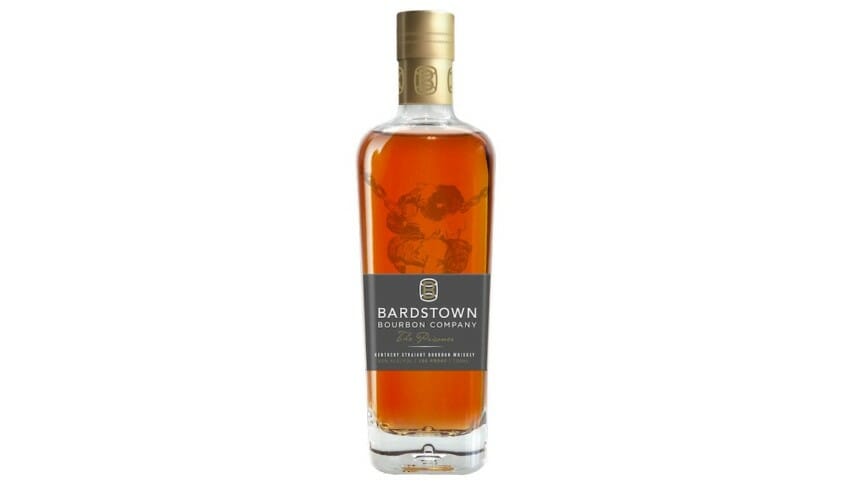Bardstown Bourbon Co. The Prisoner
Photos via Bardstown Bourbon Co.
Secondary barrel finishes are of course commonplace in the bourbon world by this point, and their role is understood by even the casual bourbon fan. Sticking your whiskey into a sherry, port or other spirit barrel after maturation allows for the ability to spin the liquid in a new direction, and charge a premium while you’re at it. Some spirits companies, such as Angel’s Envy, have made these secondary finishes the core of their entire business, but for most distilleries they’re an attractive way to do special releases and limited editions.
One corner of the “secondary finished” world I’ve never quite wrapped my head around, though, is bourbon or rye that is finished in standard wine barrels. Whereas the more assertive flavors of fortified wines such as sherry or port are typically easy to pick up in a spirit after it spends time in those barrels, standard strength wines are considerably more subtle, especially when they’re meant to influence the bold flavors of bourbon, rather than the more delicate tones of say, single malt scotch whisky. The question becomes: If you stick your bourbon into a red wine barrel, how does that really change the whiskey?
The answer, of course, depends upon many variables, from the whiskey itself, to the style of barrels in which it’s undergoing its secondary maturation. Which brings us to today’s dram: Bardstown Bourbon Co.’s second collaboration with The Prisoner Wine Co.
Bardstown’s The Prisoner is a limited release that fully commits to exploring the effects of wine barrel aging, sticking a 10-year-old Tennessee bourbon (presumably Dickel, given the 84/8/8 mash bill) into The Prisoner’s French oak wine barrels for a full 18 months of secondary maturation before release. It’s released at a sturdy 50% ABV (100 proof), at a fairly high MSRP of $125, similar to the brand’s Discovery series, and considerably more than the more affordable Fusion series. Some 3,000 cases were made.
I’m already on the record as a fan of Bardstown’s blending savvy in product lines such as Fusion, so let’s see how their sourced whiskey fares here when given the secondary maturation treatment.
-

-

-

-

-

-

-

-

-

-

-

-

-

-

-

-

-

-

-

-

-

-

-

-

-

-

-

-

-

-

-

-

-

-

-

-

-

-

-

-








































